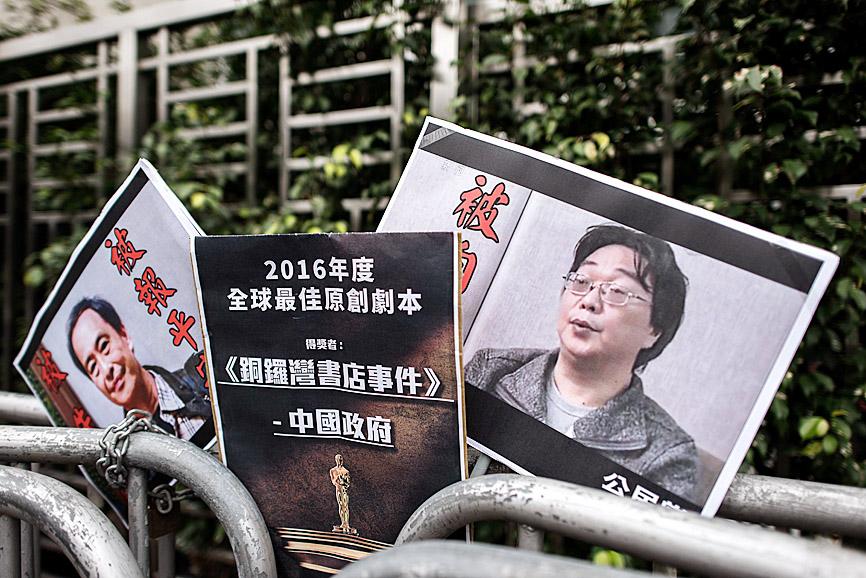Beijing could request countries with which it has extradition agreements to deport Taiwanese to China to face criminal charges following the implementation of national security legislation for Hong Kong, a former Mainland Affairs Council (MAC) official warned yesterday.
Some developing countries, and those close to China because of the Belt and Road Initiative, are likely to accommodate Beijing’s requests to extradite Taiwanese to China, said former deputy MAC minister Chen Ming-chi (陳明祺), who served from July 2, 2018, until May 20, and then returned to his former post as an assistant professor of sociology at National Tsing Hua University.
While Taiwanese should be aware of this situation, they should not restrain their pursuit of freedom of speech, Chen said.
“If we remain silent about the situation in Hong Kong, we would be playing into Beijing’s hands. The more China oppresses freedom of speech, the more we should voice our support for Hong Kong,” he said.
The government should work with nations that share similar democratic values to speak up for Hong Kong’s freedom, he added.
That would help limit the horrible effects that the Hong Kong national security legislation would have, he said.
Tung Li-wen (董立文), a consultant for the Taiwan Thinktank, said that Taiwanese are in danger of being deported to China when they visit countries that have extradition agreements with Beijing.
The risk of deportation would be even higher if they travel to pro-Beijing countries that have underdeveloped legal systems, he added.
Extradition agreements generally do not apply to political cases and countries with well-established democratic systems would review extradition requests on a case-by-case basis, he said.
“Taiwanese need to be extra careful when they visit countries that have extradition agreements with Hong Kong,” Tung said.
An example of a person detained by Beijing abroad is Chinese-born Swedish citizen Gui Minhai (桂民海), one of the shareholders of Causeway Bay Bookstore in Hong Kong, who was kidnapped from his holiday home in Thailand in 2015 and reappeared in a video confession in China in 2016.
Gui in Febraury was sentenced to 10 years in prison for illegally providing intelligence overseas.
In cross-strait telephone scams run from a third country, Beijing has also requested host countries to extradite Taiwanese suspects to stand trial in China.
Article 38 of the Hong Kong National Security Law states that the law also applies to non-Hong Kong residents who contravene Chinese laws outside Hong Kong.
Australia, Canada and other countries have suspended the execution of their extradition agreements with Hong Kong due to the article.
Source: Taipei Times - 2020/07/14





















